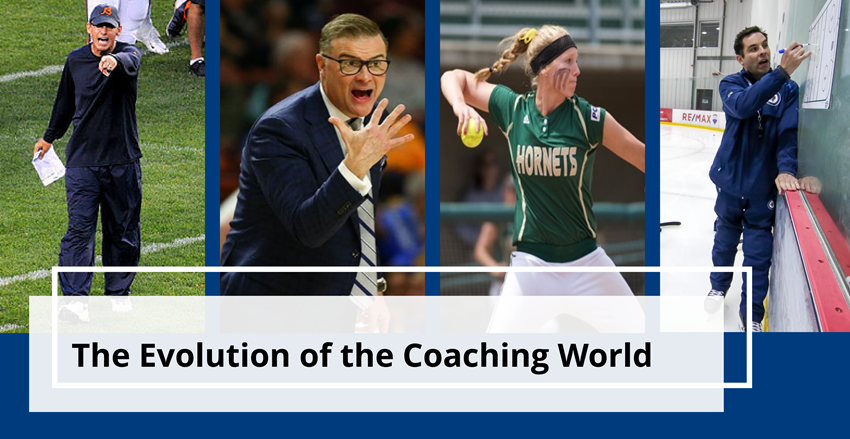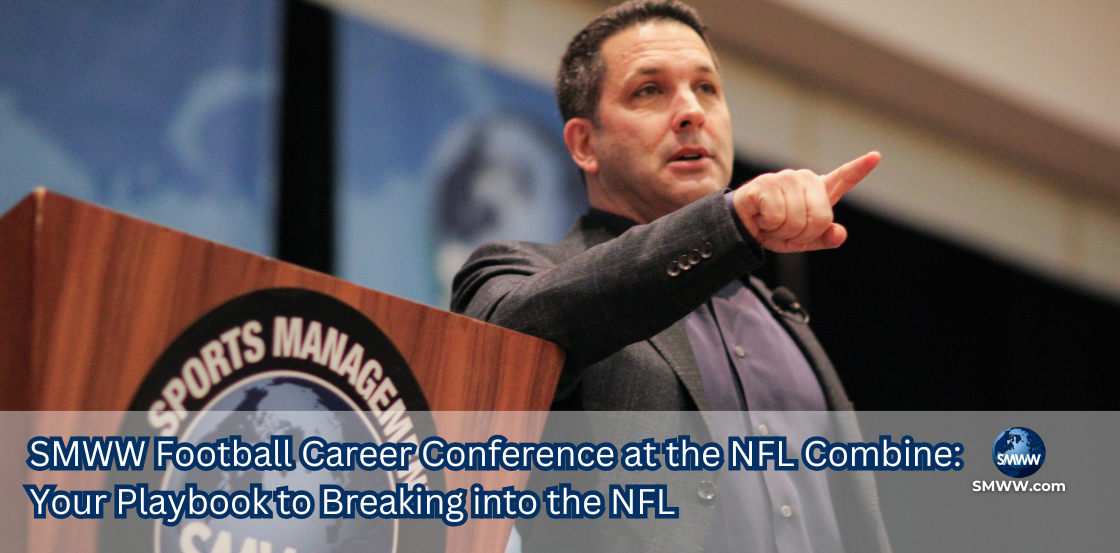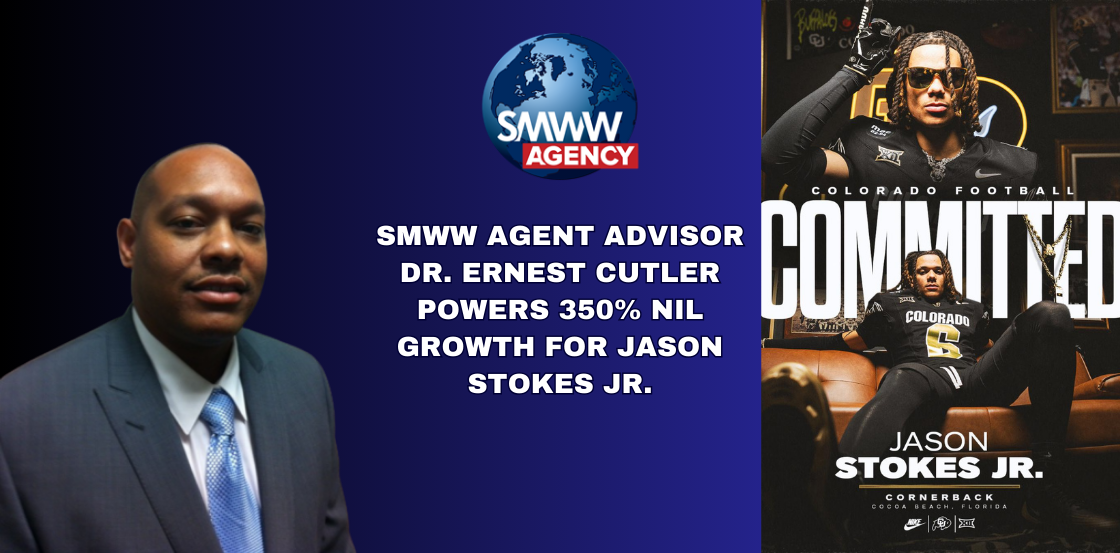
The Evolution of the Coaching World
March 11, 2021
by
In 1966, I walked on and played college football for four years. When I graduated, I was still in love with the experience of sports and knew I had to start coaching. At the time, that paradigm was you had played sports and have to teach to coach. I immediately strategized with the Springfield College in Massachusetts and got my master’s in one year. And then I said to myself because I really love my alma mater, what could I do where they might hire me as a teacher and then I could coach. Low and behold, after two years at Northern Colorado, I walked on as a graduate student the first year and volunteered to teach as a substitute. The next year I was named the head freshman coach. And so three years out of college, I was a head freshman coach at northern Colorado and finishing my doctorate. Back then I came in the back door by teaching and that was my game plan for years. It was a good tool. I think it still works today for some colleges, particularly the ones that need versatility. But the sports world has changed.
Since I started coaching, the business side of sports has grown into a trillion-dollar industry. Back then the sports industry was focused on coaching and physical education – but now sports is a business entity known for marketing and tv. Now nobody asks coaches if they have a degree in physics. They want to know if coaches have the skills to grow businesses such as marketing, digital video editing, analytics, etc. It's transformed from a teaching coaching world to the business of sports. The sports industry has separated itself into its own entity. Even the majority of high school coaches are no longer full-time teachers, they just coach.
Then Covid hit, and the coaching world turned to Zoom for everything. It affected all areas of sports, particularly high school – many have canceled or at least delayed games and meets. Besides the protocol of not being in the same room in many cases, coaching itself continues to become more sophisticated. Whether they are working for colleges or the NFL, coaches still have a lot of power by using videos and analytics. The X's and O's of preparing for the next game in talent discovery are the same. So the industry itself didn't miss a beat except for the games.
With the public becoming vaccinated, in-person games and training will happen again soon. I have several takeaways after covid. We’re finding out that our players are pretty good on the field with less practice. Maybe we don't need as much off-season practice and can have more Zoom meetings. Players can spend more time back at home with their family. We're finding out a lot about what you can do over the Internet. Let's face it, remote learning is here to stay. We at SMWW have embraced it for 25 years.
As the coaching world goes back to normal, coaches need to maintain clear communication. That’s not changed. What’s changing is the major shift in the growth of how important technology and analytics are to the game. Analytics, for example, has allowed coaches to no longer had to play the game. That's one thing I found. It's great to add you were an athlete, a leather jacket, on your resume, and that you played the game – but it's not a requirement. That's why we’re seeing more and more women in football. They didn't get a chance to play, but they definitely contribute. The technological expert knowledge of sports and analytics has revolutionized the game.
However, I think some coaches forget about all of the opportunities and adrenaline in the business side of sports. At every level, very few coaches stay in one place. Coaching is always a revolving door. The biggest mistake coaches make is not having a transition or at least have a plan if their days of coaching go. It’s a very intense profession and sometimes very intense on their family. If you think athletes have a tough time leaving the game, coaches have the same adrenaline and difficulty looking at anything beyond their profession. I want coaches to understand there are so many opportunities in sports outside of coaching that would give you the same self-satisfaction and adrenaline. And that's what I found in sports, whether it's running my own company, being an agent, or being part of it. There are so many adrenaline possibilities working in sports.
The coaching world has changed drastically since I entered it, but it still carries the same rush and adrenaline. I’d never trade the hard work and experiences I had during my times coaching and am excited to see how the coaching evolves into the future. With student-athletes being able to profit off of their personal brand, coaches will have to adapt and the business of sports will grow even larger. I am here to help guide you in these evolving times to find your path to success. To learn how to advance your coaching career, you can read my guide on the essential skills of coaching. We at SMWW are here to turn your passion into a career and support you along the way.
Sincerely,
Dr. Lynn Lashbrook










